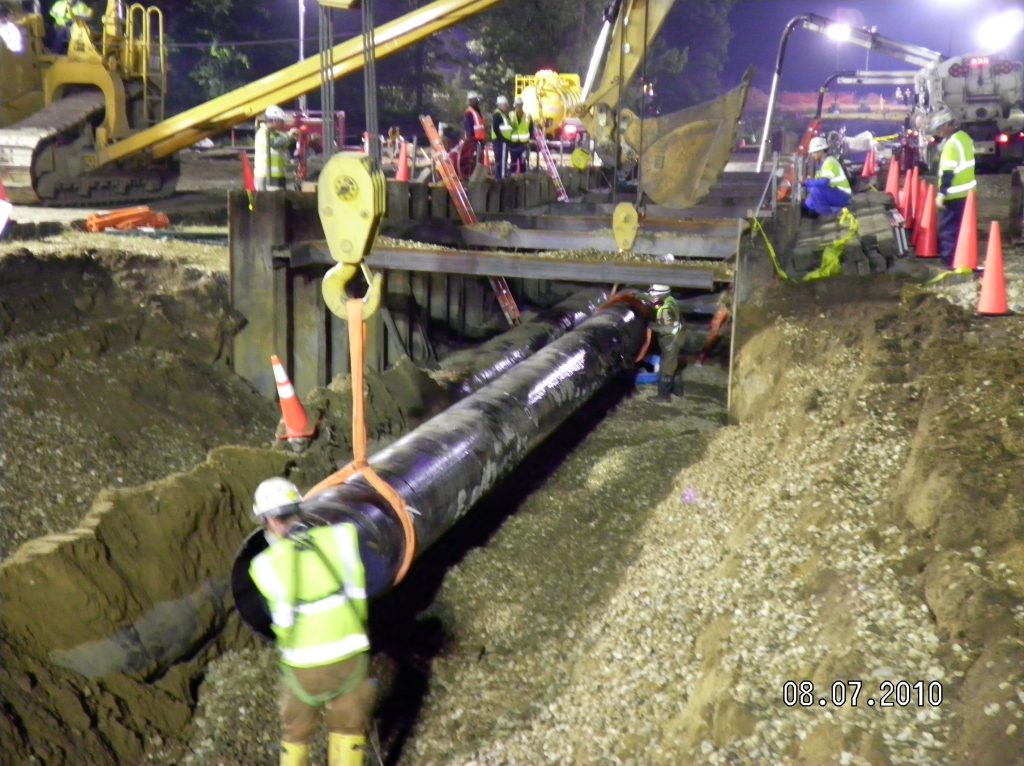(The Center Square) — The U.S. Supreme Court reversed a lower court ruling that blocked a rule from the Trump administration that limits how states can veto big energy projects through the Clean Water Act.
Justices voted 5-4 on Wednesday to halt a stay from U.S. District Court Judge William Alsup in October that suspended a Trump-era rule that imposes a strict one-year time limit for states and tribes to block projects through the Clean Water Act.
The rule that was upheld also limits the scope of objections to issues involving water quality, excluding previous considerations for air quality or energy policy.
The Trump administration developed the so-called “certification rule” in response to Democrat-controlled states that used the Clean Water Act to reject fossil fuel projects, including a natural gas pipeline in New York and a coal shipping port in Washington, The Hill reports.
Louisiana Attorney General Jeff Landry led a coalition of eight states and numerous industry groups that appealed Alsup’s October ruling. Landry described the Supreme Court decision on Wednesday as “a victory for farmers, developers, and other landowners in the Pelican State.”
“I remain committed to upholding the Trump pro-business, pro-job legacy of regulation reduction and reform,” Landry said. “Today, the Supreme Court ensured those rules would stay in place. My office will continue fighting Biden’s overreach and his woke agenda that has crippled our economy, destroyed our working class, and threatened our national security.”
The case, Louisiana v. American Rivers, now returns to the U.S. 9th Circuit Court of Appeals.
The Supreme Court majority did not offer a reason for granting the application for stay pending appeal because it was filed on the high court’s emergency docket, known as the shadow docket, which requires no arguments or explanation.
Chief Justice John Roberts and Justices Elena Kagan, Stephen Breyer and Sonia Sotomayor argued in dissent that the case did not justify emergency action because petitioners appealing Alsup’s ruling did not identify a threat of immediate harm.
“The case will be fully briefed in the Court of Appeals next month,” Kagan wrote. “The applicants have given us no good reason to think that in the remaining time needed to decide the appeal, they will suffer irreparable harm.
“By nonetheless granting relief, the court goes astray. It provides a stay pending appeal, and thus signals its view of the merits, even though the applicants have failed to make the irreparable harm showing we have traditionally required. That renders the court’s emergency docket not for emergencies at all.”
The American Petroleum Institute, the Interstate National Gas Association of America and the National Hydropower Association all applauded the Supreme Court action as critical to moving energy projects forward, while Earthjustice, Sierra Club, and the Western Environmental Law Center promised to continue the fight, Reuters reports.
“Regardless of the ultimate outcome of this litigation, (the Environmental Protection Agency) must act quickly to finalize a substitute rule that restores states’ and Tribes’ authority,” the Sierra Club’s attorney Nathan Matthews told the news service.
The Biden administration announced last May that it would revise the Trump-era rule.
“We have serious water challenges to address as a nation and as EPA administrator I will not hesitate to correct decisions that weakened the authority of states and tribes to protect their waters,” EPA Administrator Mike Regan said in a statement at the time.
Victor Skinner is a Center Square contributor.
Originally published by The Center Square. Republished with permission
